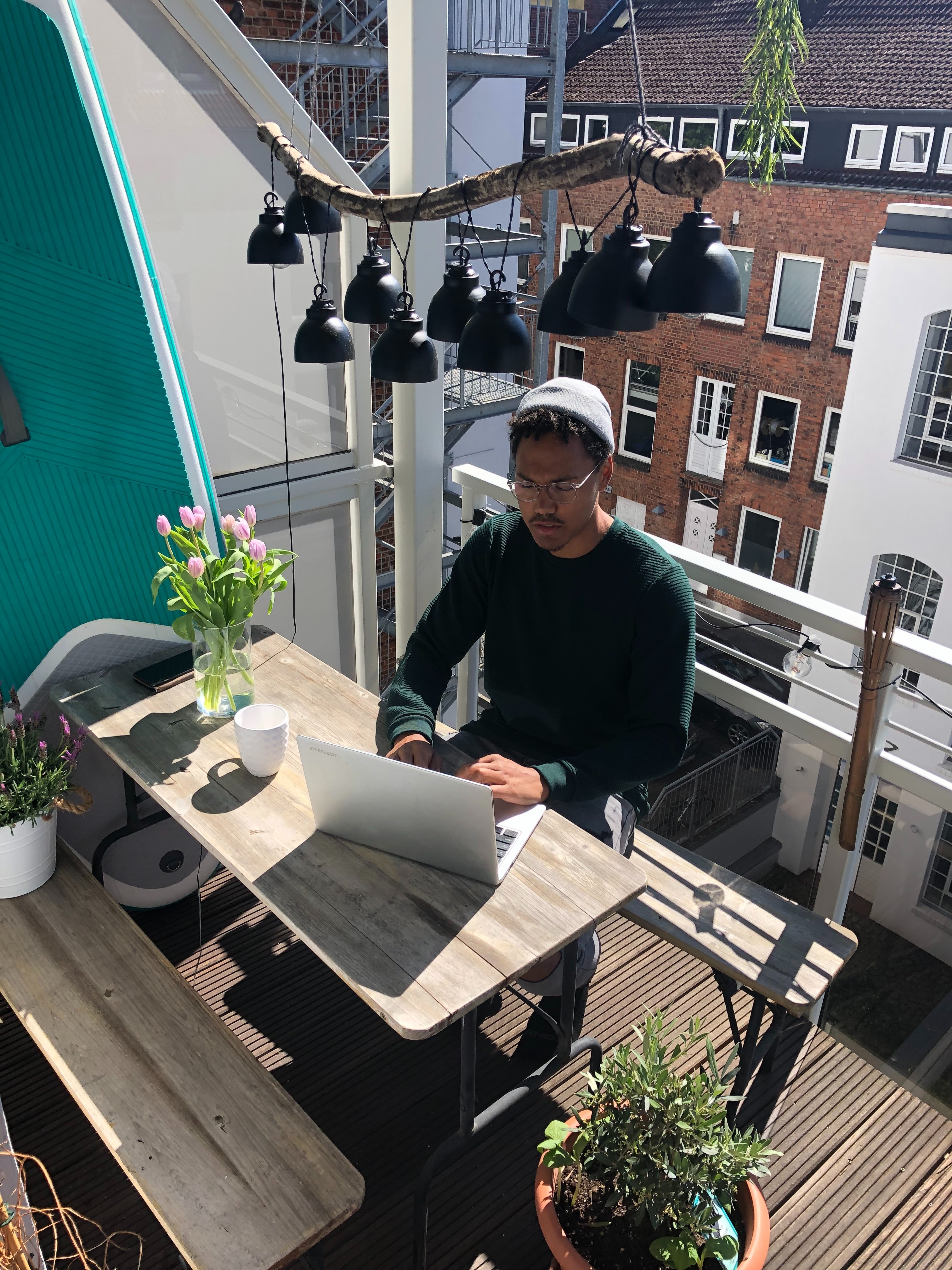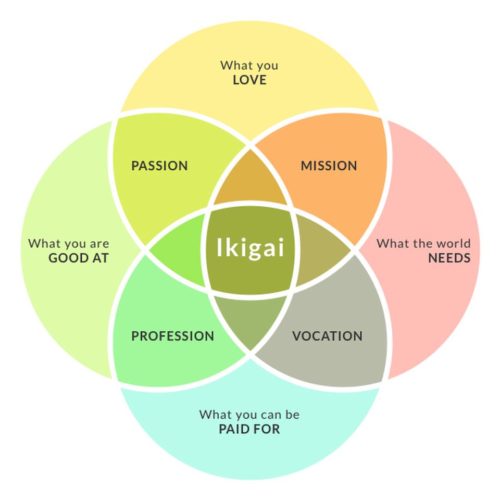Improve work life balance with IKIGAI

Remote Working has become a buzzword, but before that it’s a condition in which many of us have found ourselves working in the last 24 months.
And those who have had to face the transition between onsite and online, have probably had the opportunity to experience two sides of remote working:
Flexibility, autonomy, productivity, but also stress, loneliness and unstable work-life balance.
Some studies tell us that the remote working experience has proven to be a resource which stimulated employee’s growth as well as the achievement of business objectives.
And this is because those who have experienced the transition to remote working have often seen an increase in autonomy and skills enhancement, conditions that underpin job satisfaction and productivity.

On the other hand, remote working seems to be also a continuous fight against tecnostress caused by “being always on” and against side effects generated by the lack of social interaction such as not being seen by boss and colleagues, nor valued.
Among the shadows of remote working, can be counted negative impacts on employee’s well-being, productivity and innovation.
COVID-19 has brought up new awareness on the importance of well-being and the need to put it at the center of what institutions and organizations need to do for workers.
But what do we really mean by well-being?
A recent Delotte’s research explains how experience, meant as everything we experience in terms of emotions and learning, has turned in the 4th revolution era, into a well-being driver shifting away from the idea of property and accumulation.
Interestingly, the World Economic Forum believes that well-being should be considered as any business-critical skill that can be improved through training and development programs.
In this perspective, well-being becomes a tangible skill, a critical business input and a measurable outcome.

Moreover, according to the European Observatory on Health Systems and Policies well-being depends on a set of conditions related to harmony and sense of satisfaction with our lives, our relationships with others and with the world.
And in relation to harmony and fullfilment here comes IKIGAI philosophy.
IKIGAI is a broad concept. It is composed of the words IKI (life) + GAI (reason).
IKIGAI is a mental approach to live a fully meaningful life that really express our being and helps us to get the best from every circumstances.
According to Ken Moji, IKIGAI is an holistic, all-encompassing approach that is built on 5 interdependent pillars:
Starting small, the joy for little things, forgetting about ourself, being in the here and now, harmony and sustainability.
IKIGAI is not only an ancient philosophy. It has also tuned into a framework that can help users to start a journey of awareness towards a life of fullfilment made of better work life balance and improved well-being.
The framework is made of 4 circles intersecting in a Venn diagram.
In order to unravel your IKIGAI, start asking yourself 4 major questions:
Actually, these are 4 simple questions, but quite hard to answer. Everytime I ask these types of questions people’s first reaction is to be confused.
Taking time to think about them is highly suggested.
Viktor Frankl neurologist, philosopher and founder of logotherapy once said: “If there is anything that helps people overcome difficulties, it is the knowledge that there is meaning and that meaning, just waiting to be fulfilled”.
Self reflection is, in IKIGAI philosophy as in coaching, at the heart of any action aimed at change, transform, improve and develop resilience.
This is one of the core messages I delivered in my workshop “Remote woking and well-being. How to improve work life balance with IKIGAI” designed for Groupama Italy.
Photo by Jean-Philippe Delberghe on Unsplash
Photo by airfocus on Unsplash